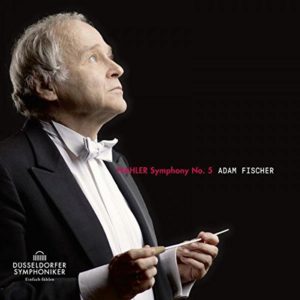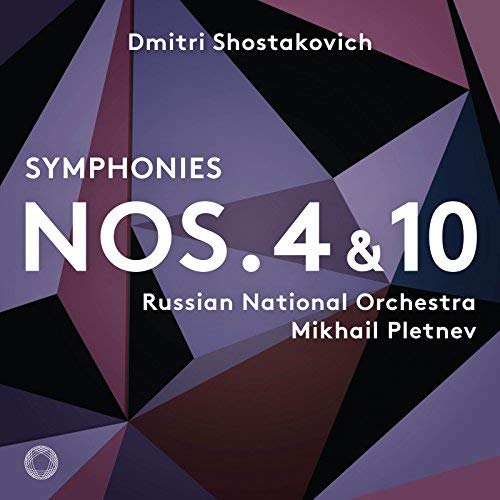GRAMOPHONE Review: Richard Rodney Bennett Orchestral Works Vol. 2 – BBC Scottish Symphony Orchestra/Wilson
 Volume Two of John Wilson’s “celebration” (for that’s what this series surely is) of Richard Rodney Bennett’s manifold gifts as a composer – and once more the choices rejoice in his creative shape shifting.
Volume Two of John Wilson’s “celebration” (for that’s what this series surely is) of Richard Rodney Bennett’s manifold gifts as a composer – and once more the choices rejoice in his creative shape shifting.
The accomplished jazzer is first up. But his Concerto for Stan Getz was custom-made to gift the legendary saxophonist a whole new landscape. It was the classical piece he craved but sadly never got to play. Even as the music was being faxed to him (1990) he was ailing and fading fast. Scored for timpani and strings this exhilarating work seeks to honour Getz’ free spirit while harnessing it to a new-found symphonic rigour. The first sound we hear from the tenor sax soloist (the excellent Howard McGill) is a howl from street level. This is the tough visage that the instrument less often shows us and it plays against a driving insistency in the orchestra.
But the “nighthawk” crooning is there too, of course, snatching at lyricism, restless to be set free in the cadenza where Bennett finally offered Getz some reflective moments of improvisation. It all points to the swooning enticements of the slow movement Elegy in which Bennett’s movie credentials (here decidedly “Noir”) proffer a luscious melody most of us would swear we’d heard before even if we hadn’t.
Symphony No 2 – written in 1967 at the peak of Bennett’s early avant-garde wanderings – is an atonal piece that’s damned if it’s going to be perceived as such. It’s big on dynamic contrasts. The tension between the imperative and the lyric is (like the opening movement of the Concerto) key to its intrigue. It’s taut, concise, and fizzing with incident, now propulsive, now reflective, now ethereal. Indeed its still centre is as beautiful as it is ephemeral. Wilson’s performance with the BBC Scottish Symphony Orchestra is most accomplished and, more importantly, persuasive, full of atmosphere in those distilled moments.
The remaining works – Serenade for Small Orchestra (1977) and Partita (1995) – are brimful of singing diatonic tunes and an air that is uniquely English even when clearly alluding to other nationalities. What Bennett displays in the Partita is so redolent of William Walton, not least the viola melody in the super-lush “Lullaby”. There’s that ever-present sinuous touch of the exotic. Walton’s Mediterranean streak.
But most revealing of all – and perhaps the biggest testament to Bennett’s prowess as a composer – is the fact that whether he’s flexing his intellectual muscle in the Second Symphony, schmoozing in the Sax Concerto’s slow movement, or simply having a good time in the Partita, this is unmistakably the work of the same composer.
You May Also Like

GRAMOPHONE Review: Tchaikovsky Symphony No. 5, Rimsky-Korsakov Legend of the Invisible City of Kitezh – LSO/Noseda
06/01/2023
GRAMOPHONE Review: Britten Sinfonia da Requiem – City of Birmingham Symphony/Gražinytė-Tyla Orchestra
09/12/2020

